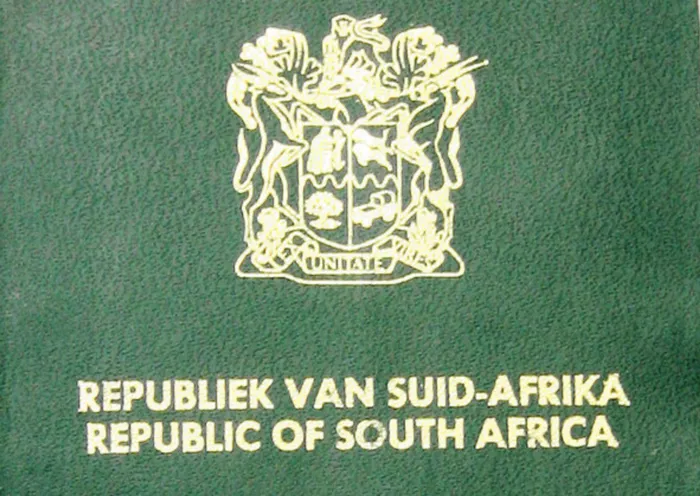New legislation too late for victims

300809: ID BOOK 300809: ID BOOK
Johannesburg - Robert Clunie was a student when an impersonator who had stolen his identity ran amok, opening credit accounts, changing jobs frequently and claiming money back from the taxman.
And when Clunie finally got a new job this year, he could not be paid his first month’s salary because the taxman had picked up discrepancies in his tax return records.
“It was a massive headache and a mission to try reclaim my identity,” said Clunie this week. “I had never lost my bank card, my driver’s licence or my ID book. I was baffled how someone had managed to do this with my personal information.”
Clunie suspected that the identity theft happened when he had left copies of his ID with a third person and this left him vulnerable to the crime.
He is not alone. Five months ago, Siani Malama received a frightening call from a retail store advising him that his account had run into arrears, and a day later a cellphone company told him the same.
To his dismay, Malama was told that a cellphone contract in his name had racked up a R4 000 bill which had been in arrears for months.
“I found out that someone had fraudulently opened accounts with my ID number and had taken a new cellphone contract with my details too,” he said.
“It was the most frustrating process I have had to undertake to clear my name. All the time I was thinking what if this person had bought houses, cars and obtained credit cards all in my name?”
Malama was equally bemused as to how the impersonator had obtained his details because he had never lost his ID or bank cards. He also suspected his personal information may have been intercepted from retail stores that he had dealt with or from a recent cellphone contract upgrade.
Earlier this month, the Saturday Star reported how some banks, retailers, cellphone stores and travel agents throw clients’ sensitive personal information in trash bins at shopping malls – giving fraudsters all they need to steal identities.
The evidence, which was gathered in shopping malls in Joburg, came to light when a specialist fraud investigator, Duncan Waugh, took us on a tour of the trash bins. The information gathered was enough to allow fraudsters to open bank accounts, buy goods, illegally apply for credit, and access medical aids in their victims’ names.
But now, following the signing of the Protection of Personal Information Bill, into law by President Jacob Zuma this week, companies will have a year to get their ducks in a row.
The new law allows for fines of up to R10 million or imprisonment of up to 10 years if they don’t respect your information and handle it with utmost care.
It also allows for companies that your data was obtained from in order to clone your identity to be held liable. This means that all public and private organisations will have to put systems in place to protect your personal information.
Under the law, companies you do business with will not be allowed to divulge or sell your personal information to other companies for marketing purposes.
Even security companies at entrances of several buildings who usually ask people to fill out their personal details with ID numbers may have to account for the information they take from you and what they do with it, Waugh said.
But for Clunie and Malama this is too little too late.
Saturday Star